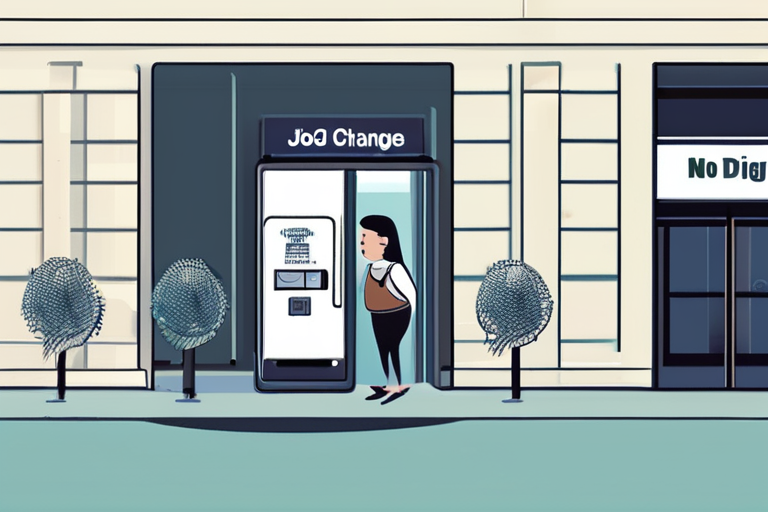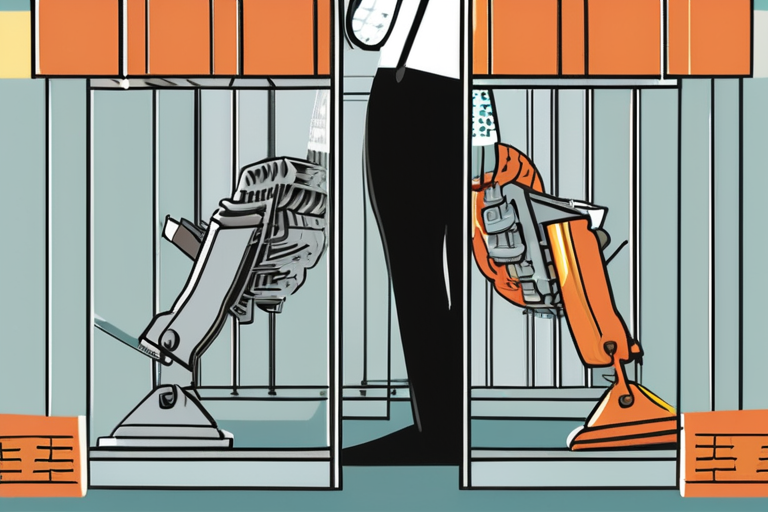A report by former John Lewis boss Sir Charlie Mayfield has outlined major changes needed to get the hundreds of thousands of "economically inactive" people in Britain into work and prevent more from quitting. According to the review, one in five working-age people are out of work and not looking for jobs. The report concluded that tackling this problem should be a "shared responsibility" between employers, employees, and health services.
Employers will need to do more, the report states, as they need to prevent people from leaving the workplace in the first place, support people back into work, and remove barriers for disabled people. However, many businesses argue they don't have the money to invest after employer National Insurance Contributions (NICs) and minimum wages increased in April. Some small businesses may not have HR departments or staff with specialist training to help employees with health issues.
The report suggests that employers should invest in mental health support, flexible working arrangements, and training programs to help employees develop new skills. It also recommends that the government provide more funding for job centers and employment services to help people get back into work. Additionally, the report calls for greater collaboration between employers, employees, and health services to address the root causes of economic inactivity.
Experts say that the issue of economic inactivity is complex and multifaceted, and requires a comprehensive approach to address. "It's not just about getting people back into work, it's about creating a supportive environment that allows people to thrive," said Dr. Emma Taylor, a labor economist at the University of Cambridge. "Employers need to be willing to adapt and invest in their employees, and the government needs to provide the necessary support and resources."
The report's findings have sparked a debate about the role of employers in addressing economic inactivity. Some argue that employers have a responsibility to provide a supportive work environment and invest in their employees, while others argue that the government should take a more active role in addressing the issue. The debate highlights the need for a shared approach to tackling economic inactivity, one that involves employers, employees, and health services working together to create a more supportive and inclusive work environment.
The Keep Britain Working review is the latest in a series of reports highlighting the issue of economic inactivity in Britain. The report's recommendations are expected to be taken up by policymakers and employers in the coming months. As the debate continues, experts say that it's essential to prioritize the needs of employees and create a more supportive work environment that allows people to thrive.


























Share & Engage Share
Share this article